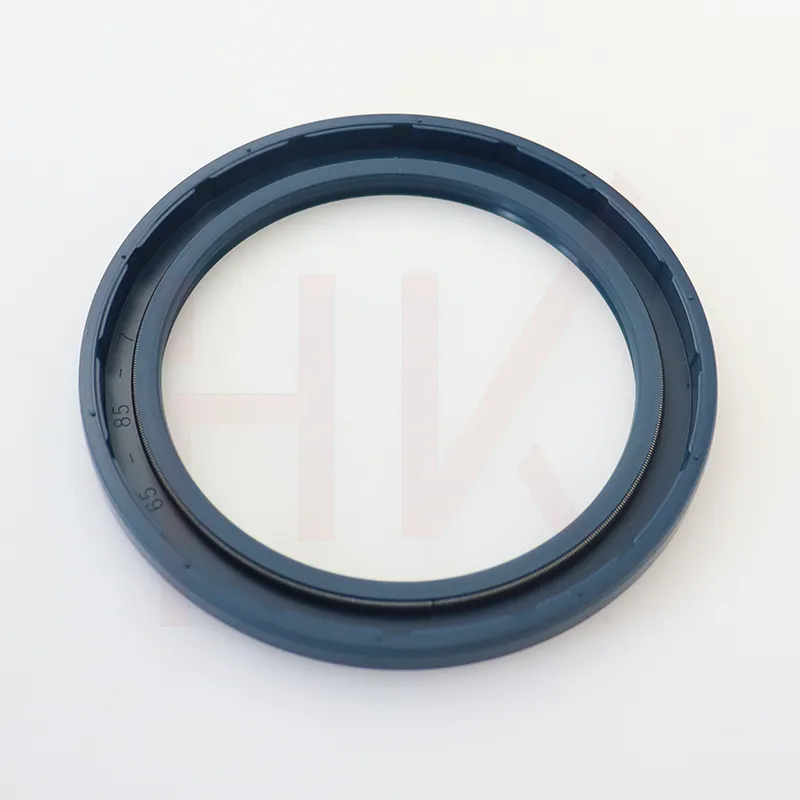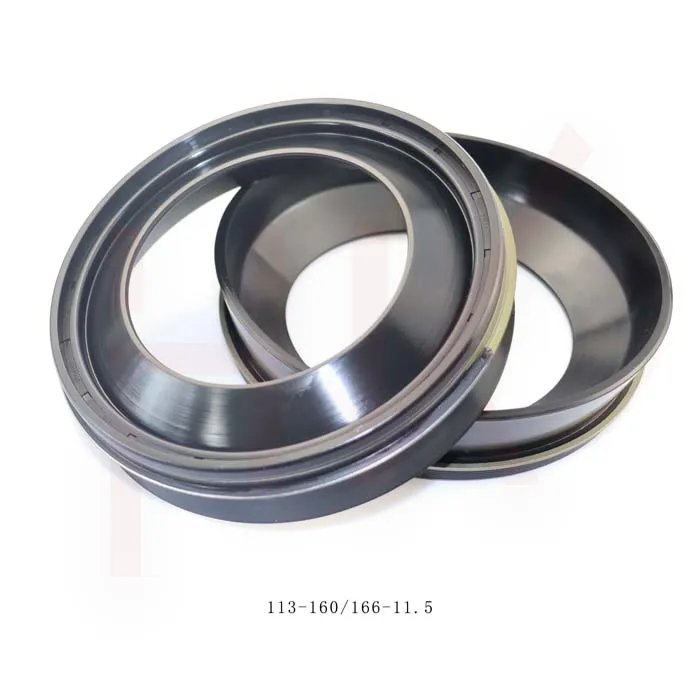Jul . 26, 2024 10:57 Back to list
Innovative Solutions for High-Temperature Shaft Seals in Industrial Applications and Performance Enhancements
Understanding High Temperature Shaft Seals An Essential Component for Industrial Applications
In various industrial sectors, the efficiency and longevity of machinery are paramount. One crucial component that significantly impacts these factors is the shaft seal, particularly under high-temperature conditions. High temperature shaft seals are specifically designed to withstand extreme temperatures while preventing the leakage of fluids and contaminants, thus enhancing the performance and reliability of equipment.
The Role of Shaft Seals
Shaft seals serve as barriers between rotating shafts and stationary components. They are integral in containing lubricants and preventing external contaminants from entering the machinery. In high-temperature environments, the challenges are amplified. High temperature shaft seals must resist thermal degradation, maintain their sealing properties, and endure the harsh conditions often present in such settings.
Materials Used in High Temperature Shaft Seals
The selection of materials is critical for the performance of high temperature shaft seals. Common materials include
1. Fluoropolymers These materials exhibit excellent chemical resistance and can withstand temperatures up to 200°C (392°F). They are ideal for applications involving aggressive chemicals and high temperatures.
2. Silicone Rubber Silicone is another popular choice for high temperature applications. It can remain functional at temperatures of around 300°C (572°F) and is known for its flexibility and resilience.
3. Carbon and Graphite These materials are often used in sealing applications that require exceptional wear resistance and thermal stability. They can handle even the most demanding thermal environments.
4. Metallic Seals For extreme temperature applications, metallic seals combined with elastomeric components can provide a robust sealing solution. They offer durability and can operate at temperatures exceeding 600°C (1112°F).
high temperature shaft seals

Applications of High Temperature Shaft Seals
High temperature shaft seals find applications across various industries, including
- Oil and Gas In drilling and refining processes where high temperatures and high pressures coexist, these seals ensure that vital fluids do not leak, thereby maintaining operational efficiency and safety.
- Aerospace Aircraft engines and components operate under extreme thermal conditions, requiring reliable sealing solutions to sustain performance and safety.
- Power Generation Turbines and generators need robust sealing mechanisms to handle the high temperatures generated during operation, often exceeding the materials' typical limits.
- Chemical Processing Many chemical processes require high temperatures that can break down standard seals, necessitating specialized high temperature shaft seals to ensure containment and prevent leaks.
Challenges and Considerations
While high temperature shaft seals are designed to resist heat, they are not immune to failure. Factors such as improper installation, excessive heat, or material fatigue can lead to leakage and, ultimately, machinery failure. Therefore, it is essential to select the right seal based on specific applications and operating conditions. Regular maintenance, including inspections and replacements, is vital to prolong the lifespan of these seals and maintain efficient operations.
Conclusion
High temperature shaft seals play an indispensable role in the functionality and reliability of industrial machinery operating in extreme conditions. Understanding the materials, applications, and potential challenges associated with these seals is critical for engineers and maintenance professionals. By choosing the right seals and implementing proactive maintenance strategies, businesses can enhance equipment performance, reduce downtime, and ultimately drive operational efficiency. As industries continue to evolve and face new challenges, the innovation and development of high temperature shaft seals will remain a significant focus, ensuring they meet the increasingly complex demands of modern applications.
-
Reliable Oil Seal Wheel Hub Solutions for Industrial & Automotive Use
NewsNov.17,2025
-
Durable Front Hub Oil Solutions for Industry – HKAiSeal
NewsNov.17,2025
-
Wholesale Hydraulic Pump Motor Seal Kit A4VSO250 | In Stock
NewsNov.17,2025
-
Pump Seal Kits: Essential Components for Industrial Reliability
NewsNov.17,2025
-
TCV Oil Seal - Double-Lip, Spring-Loaded, High Temp & Wear
NewsNov.17,2025
-
Hydraulic Seal Kits: Reliable Solutions for Industrial Equipment
NewsNov.17,2025
-
Combined oil seal 659214 12001903B, fits 119990, NBR OEM
NewsNov.17,2025
Products categories
















